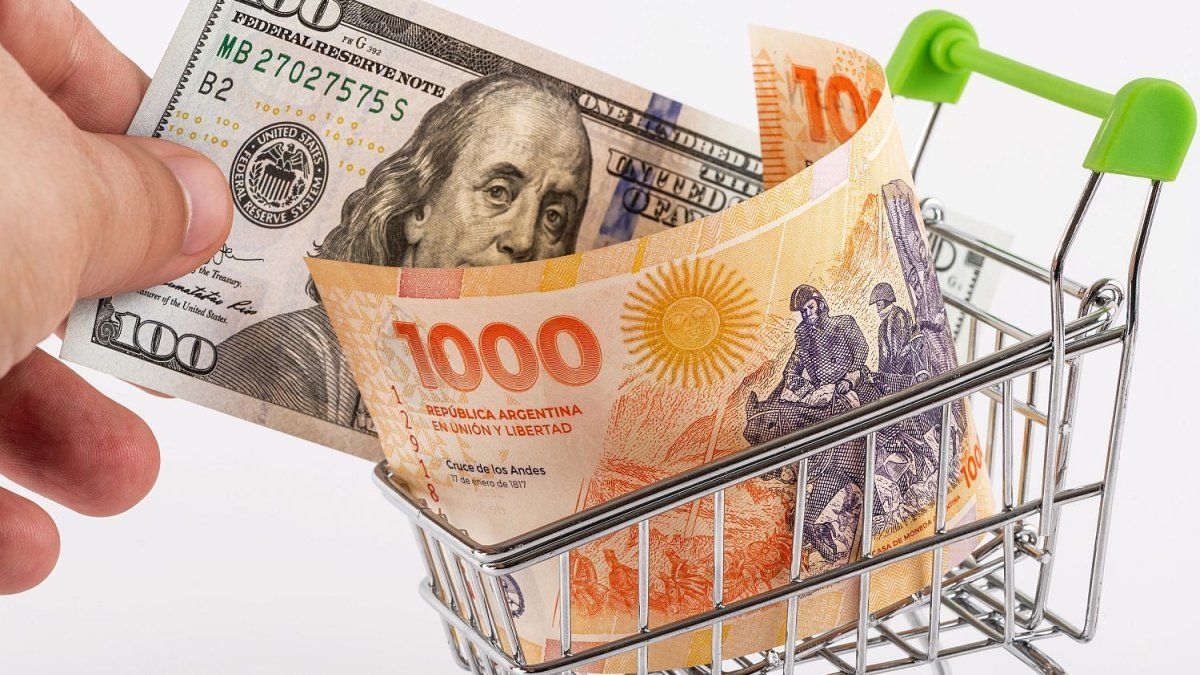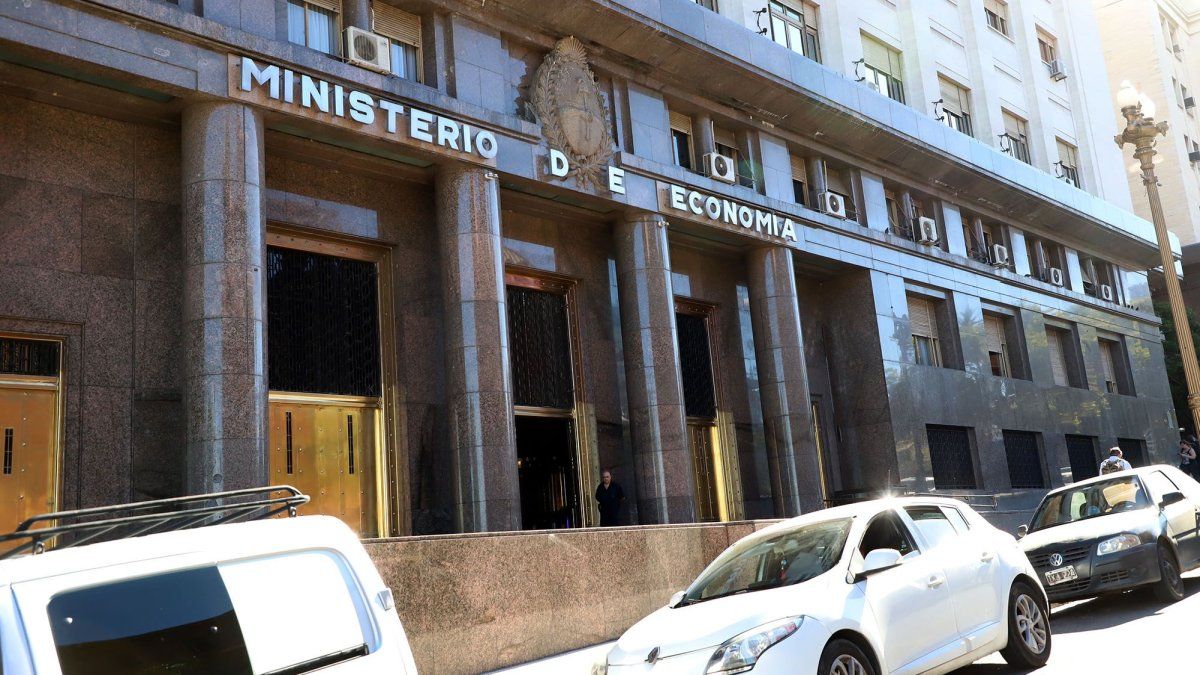The European elections have started in the Netherlands, Germany will follow next Sunday – the election campaign is in the final stretch. A survey suggests that one party in particular will have to prepare for losses.
The CDU/CSU, the Greens and the Left are concluding their European election campaign today. In Munich this evening, EU Commission President Ursula von der Leyen (CDU), who is seeking a second term in office, and CDU Chairman Friedrich Merz will speak to their supporters. According to polls, the CDU and CSU can expect to win the European elections in Germany next Sunday by a large margin.
The Greens will gather in Cologne this afternoon to conclude their campaign. Speakers include chairmen Ricarda Lang and Omid Nouripour, as well as top candidate Terry Reintke. The Left will conclude its campaign in Potsdam, led by party leaders Janine Wissler, Martin Schirdewan and independent co-top candidate Carola Rackete. The SPD will follow on Saturday, when Chancellor Olaf Scholz will speak in Duisburg. The FDP had already concluded its campaign last Thursday evening in Düsseldorf.
The election also plays a role in the Bundestag today. A 70-minute debate on current European policy is on the agenda this morning.
Union far ahead in poll
The Union is clearly the strongest force in the ZDF Politbarometer Extra for the European elections in Germany – the Greens must expect significant losses compared to the 2019 election. If the European elections were held today, the Union would get 30 percent. It could thus slightly improve on its 2019 result (28.9 percent). The Greens are now at 14 percent. They had achieved 20.5 percent in the 2019 election.
The research group Wahlen stressed, however, that the survey results only reflect the mood for the parties at the current time – they are not a forecast for the election outcome. In addition, 42 percent are currently not sure who or whether they want to vote.
In the survey now published, the AfD and SPD each received 14 percent. In the 2019 election, the AfD received 11 percent and the SPD 15.8 percent. The FDP is currently at 4 percent (2019: 5.4 percent), the Left at 3 percent (2019: 5.5 percent). The newly founded Sahra Wagenknecht alliance is at 7 percent in the survey.
In the survey, 61 percent of respondents expressed a strong or very strong interest in the election – 38 percent said they were less interested or had no interest. This suggests that voter turnout will be on a similar scale to 2019.
Europe votes from Thursday to Sunday
The European elections kicked off yesterday in the Netherlands, where around 13.5 million eligible voters were able to cast their votes. According to the first forecast, it will be a neck-and-neck race between the red-green electoral alliance and the radical right-wing party of the populist Geert Wilders.
According to the forecast published on television on Thursday evening, the red-green alliance of the social democratic Labour Party and the green party GroenLinks will win eight of the 31 seats, while Wilders’ eurosceptic Party for Freedom (PVV) will win seven.
After the Netherlands, Ireland and the Czech Republic will follow today, and then Italy, Latvia, Malta and Slovakia tomorrow. The remaining countries will vote on Sunday. In total, around 360 million Europeans – including 61 million Germans – will be able to vote for the 720 members of parliament, 96 of whom come from Germany.
Unlike in federal elections, even small German parties with low single-digit election results can enter the EU Parliament. This is because there is no predetermined percentage hurdle to be reached. Some EU states, however, have thresholds, including France, Italy, Greece, Poland, the Czech Republic and Hungary. In Germany, this will not be reintroduced until the next European elections in 2029. It should be at least two percent. The Bundestag decided this last year.
SPD sets conditions for von der Leyen’s support
The SPD recently formulated demands for the future EU Commission – and thus tied its support for a second term of office for EU Commission President von der Leyen to a condition. “European social democracy will not support a President of the European Commission who relies on the support of the enemies of democracy and the rule of law,” says a paper from the International Policy Commission of the SPD party executive, which was reported on by the news website ntv.de and was made available to the German Press Agency. The background to this is that von der Leyen does not rule out cooperation with the right-wing conservative ECR group. The group also includes the ultra-right Fratelli d’Italia party of Italian Prime Minister Giorgia Meloni.
Source: Stern
I have been working in the news industry for over 6 years, first as a reporter and now as an editor. I have covered politics extensively, and my work has appeared in major newspapers and online news outlets around the world. In addition to my writing, I also contribute regularly to 24 Hours World.




